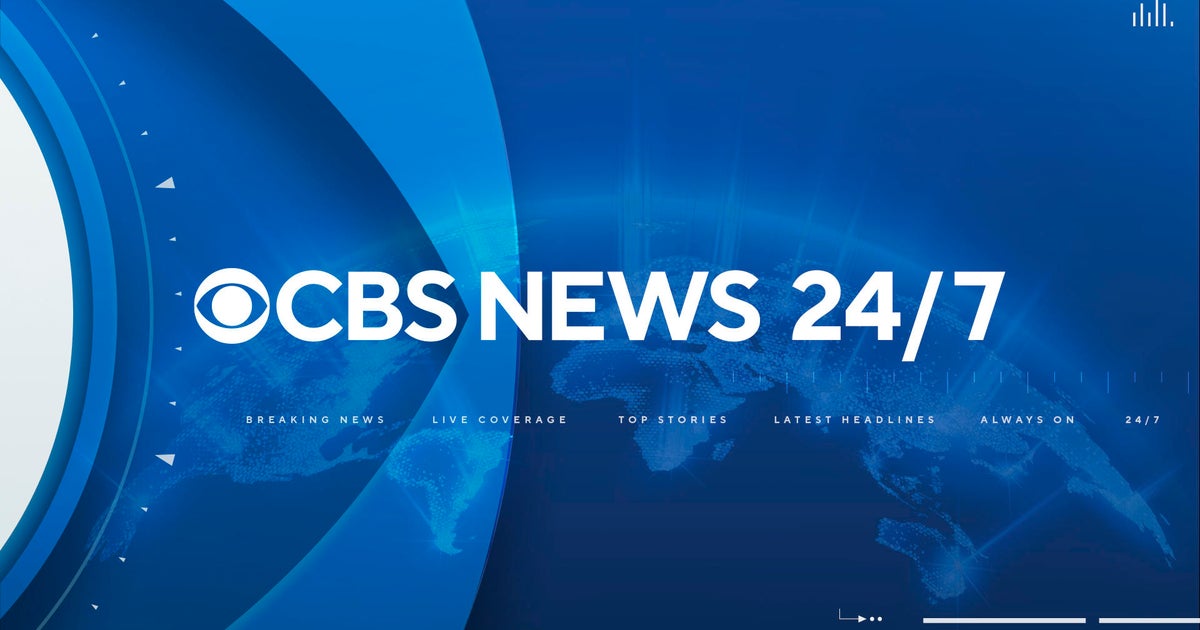Most Recent News Updates: Key Stories You Required to Know Currently
Most Recent News Updates: Key Stories You Required to Know Currently
Blog Article
Browsing the Information Landscape: Tips for Searching For Credible Information
In an age where info is plentiful yet commonly unstable, browsing the news landscape with discernment is critical. Establishing the trustworthiness of resources is the initial action, as recognizing the qualifications of authors and the reputation of their magazines can dramatically influence the top quality of details eaten. In addition, identifying prejudices and cross-checking realities are crucial techniques for cultivating notified point of views. As we consider these approaches, one have to wonder about exactly how to efficiently implement them in today's rapidly evolving media setting-- an expedition that may reveal even more than prepared for regarding our engagement with information.
Assessing Resource Trustworthiness
Evaluating resource reliability is essential for making sure the reliability of details in an age marked by details overload. As individuals browse different kinds of media, from digital write-ups to social media networks, critical trustworthy resources ends up being extremely important. Key aspects to consider when examining source reputation include the authority of the author, the magazine's reputation, and the proof given to support insurance claims.
First, check out the author's certifications and expertise in the subject matter. Writers with pertinent scholastic or expert backgrounds are more probable to provide trustworthy understandings. Next, think about the magazine's reputation; developed media outlets typically abide by journalistic requirements and fact-checking methods, making them a lot more trustworthy.
In addition, examine the top quality and relevance of the proof offered. Reputable sources commonly point out peer-reviewed researches, specialist meetings, or main data, which strengthens their cases.
Cross-Checking Information
Cross-checking information is a vital technique for validating the precision of insurance claims and avoiding the pitfalls of false information. This process involves contrasting details from numerous trustworthy resources to identify its validity. When encountering a newspaper article or claim, one need to look for additional coverage on the exact same topic from various outlets. This helps to recognize inconsistencies and confirm realities.
To properly cross-check information, it is crucial to use varied sources, consisting of developed wire service, academic journals, and professional point of views. Each source might provide a special perspective or extra context that boosts understanding. Pay attention to the publication days of the details being evaluated, as updates or modifications might have been issued.
Furthermore, take into consideration the context in which information exists. Try to find substantiating proof, such as information, interviews, or firsthand accounts, that provide reputation to a claim. Be careful of thrilling headlines or emotionally charged language, as these can show an attempt to manipulate understanding.
Acknowledging Predisposition and Viewpoint
Recognizing prejudice and perspective is essential for navigating Discover More Here the complicated landscape of info. Every item of news is infiltrated the lens of the author's experiences, beliefs, and affiliations, which can considerably shape the narrative presented. As consumers of information, it is important to acknowledge these predispositions, as they can cause distorted understandings of truth.

It is additionally crucial to acknowledge your very own predispositions. Personal ideas can affect exactly how you interpret details, making it necessary to approach information with an important state of mind. Engaging with varied point of views can help combat personal prejudices, enabling a more spherical understanding of concerns.
Eventually, identifying predisposition and perspective in information coverage is not just an academic workout; it is an important ability for informed citizenship in an autonomous society. By growing this awareness, individuals can make even more informed decisions and add to a much more nuanced public discussion.
Understanding Fact-Checking Resources
Fact-checking sources play a pivotal function in critical the accuracy of details in an era marked by false information and sensationalism. These resources, which include independent companies and on-line platforms, are devoted to verifying insurance claims made by public numbers, media outlets, and social networks blog posts. They employ extensive techniques to evaluate the credibility of declarations, frequently mentioning original sources and offering context to help with discover here understanding.
Some popular fact-checking organizations, such as Snopes, FactCheck.org, and PolitiFact, concentrate on numerous subjects, from political unsupported claims to viral internet insurance claims. Their work not just disproves false information however likewise stresses the importance of evidence-based discourse. By seeking advice from these sources, people can create an extra discerning approach to the information they experience.
In addition, several fact-checking systems offer user-friendly interfaces that allow for quick searches by topic or claim, making it simpler for individuals to discover appropriate info quickly. Engaging with fact-checking resources fosters crucial thinking and gears up users with the tools necessary to browse the intricate information landscape successfully, ultimately promoting a more enlightened public discussion.

Making Use Of Trusted Information Aggregators
In today's busy details landscape, relied on information collectors work as beneficial devices for people looking for trusted information resources. These systems assemble newspaper article from different trustworthy electrical outlets, giving customers with a combined sight of present events. By curating content from established media companies, collectors assist individuals avoid the pitfalls of misinformation and sensationalism often widespread in much less legitimate resources.
When utilizing news collectors, it is vital to select ones that prioritize quality over amount. Try to find platforms that use strenuous editorial standards, making certain that the information presented is exact and credible. Popular aggregators like Google Information, Feedly, and Flipboard enable users to tailor their information feeds based on subjects of rate of interest, enabling a customized experience that can enhance expertise and understanding.
Additionally, collectors typically consist of functions such as fact-checking integrations and customer ratings, better helping customers in discerning reputable details - news. While information aggregators are valuable, users need see this to remain attentive and cross-reference information with main resources when required. By leveraging relied on information aggregators successfully, people can navigate the complicated media landscape while remaining informed with legitimate and diverse point of views
Verdict
In final thought, browsing the news landscape demands a methodical method to guarantee the consumption of reliable info. Additionally, utilizing fact-checking resources and trusted news aggregators boosts the capability to determine accurate reporting from misinformation.
Report this page